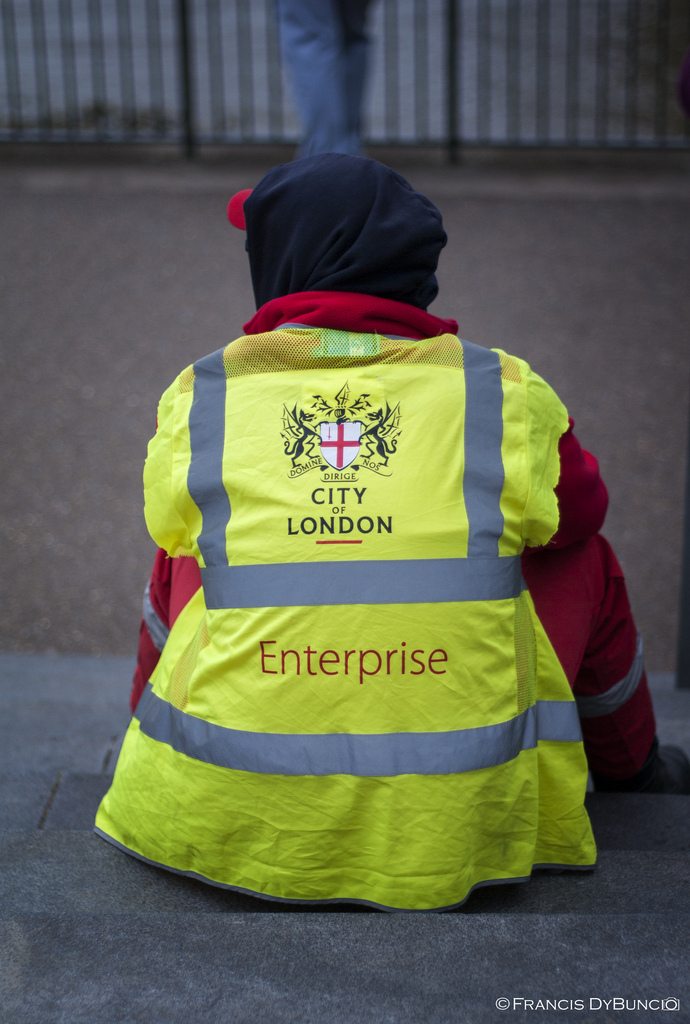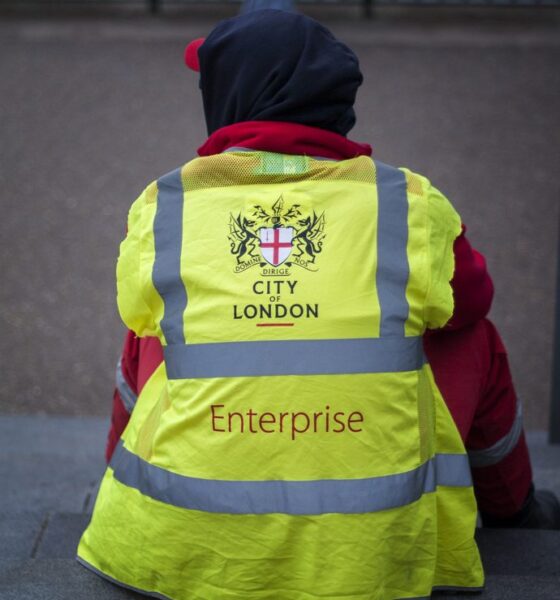

Economy
Number of UK workers trapped in low pay jobs on the rise
The workforce of the UK’s cities is becoming increasingly divided between high and low wage jobs, with opportunities in the middle fading and social mobility failing, according to a new report that warns being employed does not mean being out of poverty.
The study, Unequal Opportunity, by the thinktank Centre of Cities and commissioned by the Joseph Rowntree Foundation, found an increasing number of people are trapped in low paying jobs, with little chance of career progression.
The report notes how jobs in British cities “have polarised, with employment in middle-income professions falling”. It cites globalisation, technological advancements and decline of manufacturing as the probable causes.
Alexandra Jones, chief executive of the Centre for Cities, said, “There’s no doubt that low-paying jobs have always existed, and that some UK cities continue to see significant growth in high-paid jobs. But what has changed over the past few decades is that, in many cities, the pathways to upward mobility have been severely eroded, as their jobs markets polarise and the stable jobs of the ‘middle’ begin to slip away.
“Lack of opportunities for worker progression threatens to trap workers in poverty cycles from which they, and their cities, cannot escape.”
The study also found significant differences between cities. While Stoke is identified as the most ‘polarised’ city, the north east of England is said to be the worst affected, with Sunderland and Hull having over a third of workers on low pay.
Meanwhile, workers in London and the south east are more likely to be in high paying jobs, with more than 60% of workers in London expected to be on high wages by 2022.
The thinktank calls on the government to give cities an “appropriate mix of supply and demand-side interventions”, as well as more flexibility over how to invest to create better paid employment and cut the cost of living.
Photo: f.dybuncio via Flickr
Further reading:
Bank holiday: one in five British families can’t afford a day out to the beach
Study finds 33% of UK households are multiply deprived
Government ‘can’t ignore’ food poverty crisis, says leading charity





























